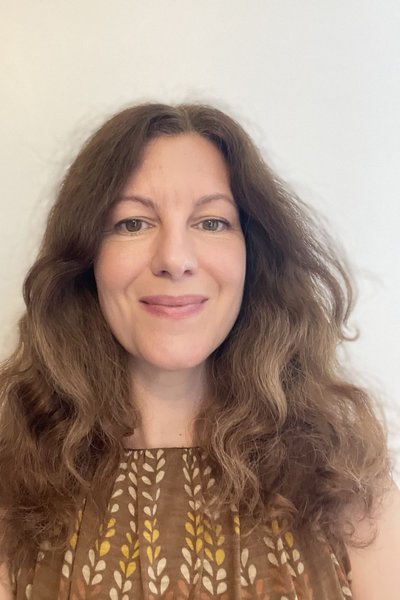Dr Walter Filz (born 1959) studied German literature, philosophy and art history in Cologne and Zurich and received his doctorate in 1988 with a thesis on fairy tale motifs in contemporary literature. Filz has been working as an author, critic and cultural journalist, primarily for radio, since 1983. Since 1989 he has been an author and director - later also a producer - of radio features, and since 1996 of radio plays, which mostly work with documentary material. Between 1995 and 2004 he also worked for television.
Walter Filz has been working as an independent writer producer since 1997. In 2005 he took over the management of the literature and feature editorial team at SWR in Baden-Baden, and after a restructuring since 2017, the radio play and feature editorial team. As an editor, he continues to write and produce features and radio plays. In addition, the Cologne native deals with the complex socio- and psychopathological upheavals of his hometown in book publications, about which he wrote two books: "The monkey in Cologne" and "There is still Kangaroo tail soup left".
Walter Filz's work has won several awards: For example, his feature "On the aestheticization of cat food in the late 20th century" was awarded the Prix Futura 1991, while his radio play "Pitcher" won the Radio Play Prize of the War Blind 2000: His feature "To get and to have - eBay. Or: how wild is the exchange of goods" was awarded the Ernst Schneider Prize in 2006.









